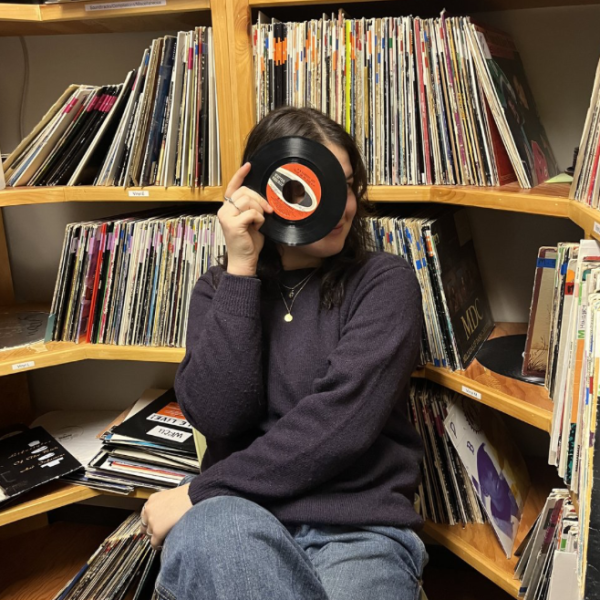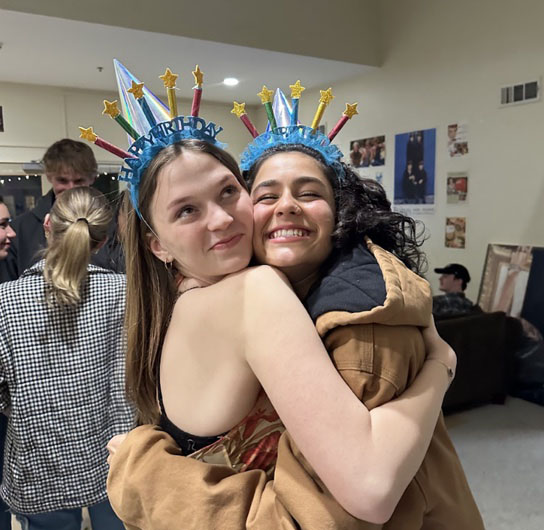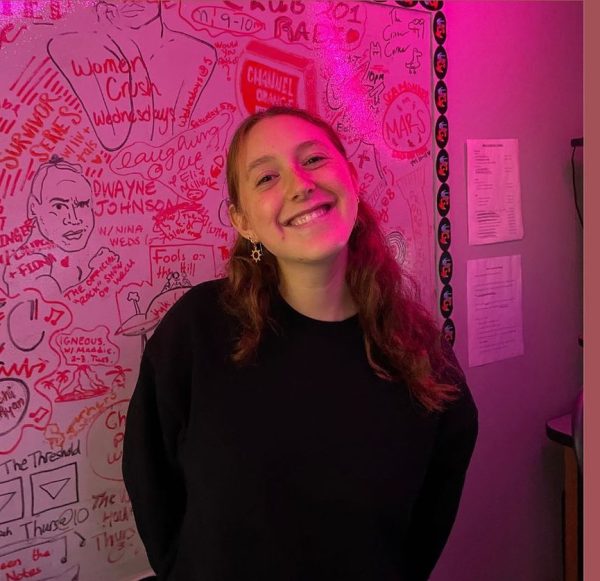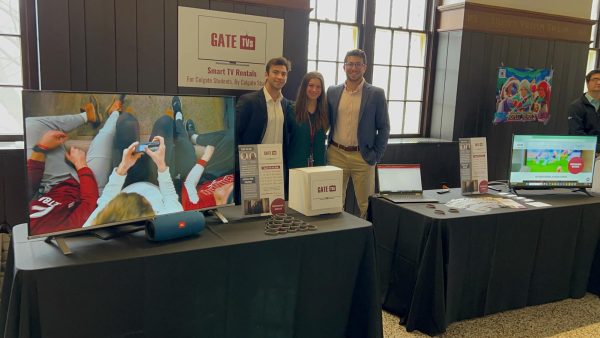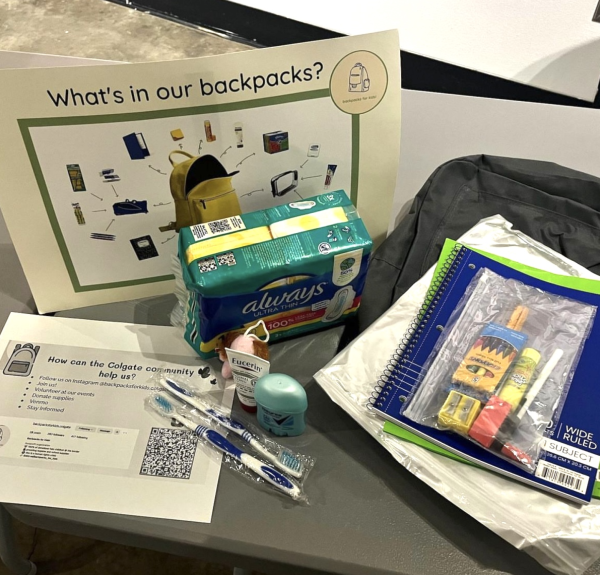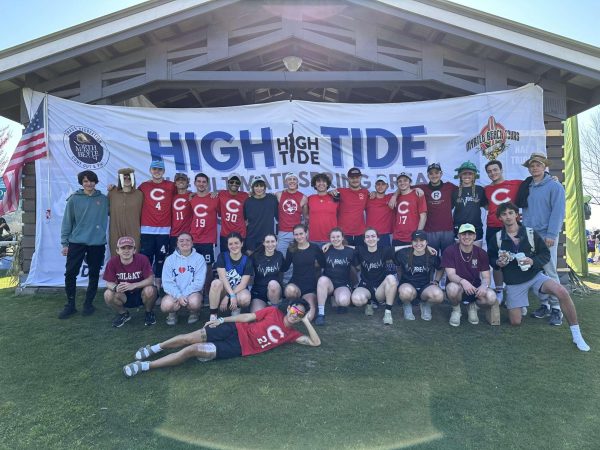Professor April Baptiste: Serving Nature with Students, From Mangroves to Bioluminescence
April Baptiste, a professor of environmental studies and Africana and Latin American studies, loved climbing guava trees with her five siblings as a child, collecting fruits in her backyard and playing with her mother’s animals as if they were pets. Born in Trinidad and Tobago, a Caribbean island off the coast of Venezuela, Baptiste grew up embraced by greenery, faith and a mother who prioritized hard work and education for her children.
“My mother instilled within us that education was our way out of poverty,” Baptiste articulated. “I hope that my upbringing has deepened my compassion, and also has allowed me to become a stronger person.”
Baptiste grew up in a Pentacostal household, and much of her and her family’s life and social circle was built around church. Christian values are held deeply in Baptiste’s heart and have played a large part in her career and current work. Whenever Baptiste can help others, she does so.
“In my faith, it is really important for us to be stewards of the physical environment,” Baptiste shared. “I am cognizant of the way in which I interact with the physical environment, and I’m very concerned with the way those who are less privileged than myself experience broad advantages and disadvantages of the physical environment.”
Baptiste, after graduating top of her class at the University of West Indies as a chemistry major, entered a Ph.D. program at the university with a focus in environmental stewardship. After receiving her degree, Baptiste taught at Trinity College and Syracuse University. Baptiste started teaching at Colgate in 2009. Many of her classes include a service component. This year she is leading a trip through the Center for Outreach and Volunteering (COVE) to Trinidad.
This year, Baptiste teaches a course called “Environmental Justice.” Although her office sits in Olin Hall, the biology and psychology focused building, Baptiste’s course is multi-faceted, strapped with components from both the environmental studies and Africana and Latin American studies departments. Other courses Baptiste has taught at Colgate have been similarly diverse in content. These courses have included “Caribbean Ecology” and “Environmental Activism in China.”
Baptiste first took students on a COVE trip with “Caribbean Ecology,” bringing nine of 18 students to Puerto Rico. This trip runs clearly through Baptiste’s mind and was one of many that she has led during her 13 years at Colgate.
“Students were able to experience what they did in the class. I taught them the types of mangroves, then we were able to go to Puerto Rico and do a mangrove walk. They were able to identify – this is the red mangrove, this is the black, this is the white – I think that was really meaningful,” Baptiste shared.
One night in Puerto Rico, Baptiste took her students on a kayaking trip. They moved, in pitch darkness, from the ocean to a thin lake, their eyes jointly peeled in search of bioluminescence from little creatures in the river.
“I think it bonded the group together. Because afterwards, we had a moment of good storming conflict,” she recalled. “The group was all terrified, all shaking in their boots – it helped all of us realize that we do have fears, we are all human. For them to see their professor in a moment of vulnerability was also, I think for them, a teachable moment.”
In all COVE trips that Baptiste leads, she holds the same values in mind.
“Being able to get out there with my students, and reduce or remove the barrier between faculty member and student – I am the expert and I am teaching them something, to us now being on par with each other and we’re both learning and doing something.”
Baptiste has enjoyed her time at Colgate. However, she notes how amidst great friends and students, Colgate still has a ways to go in terms of diversity, equity and inclusion.
“It’s been a rough road to see our institution lose a lot of people of color over the years and to hear our students of color struggle. The service part of me says the institution can do better in order to really ensure that all our students, all our faculty, all our staff feel involved and included in the institution.”
Whether through COVE trips, thoughtful classroom teaching or faith and service driven interaction with students and faculty, Baptiste works each day to make all around her feel included in the effort to improve the environment which surrounds her.


